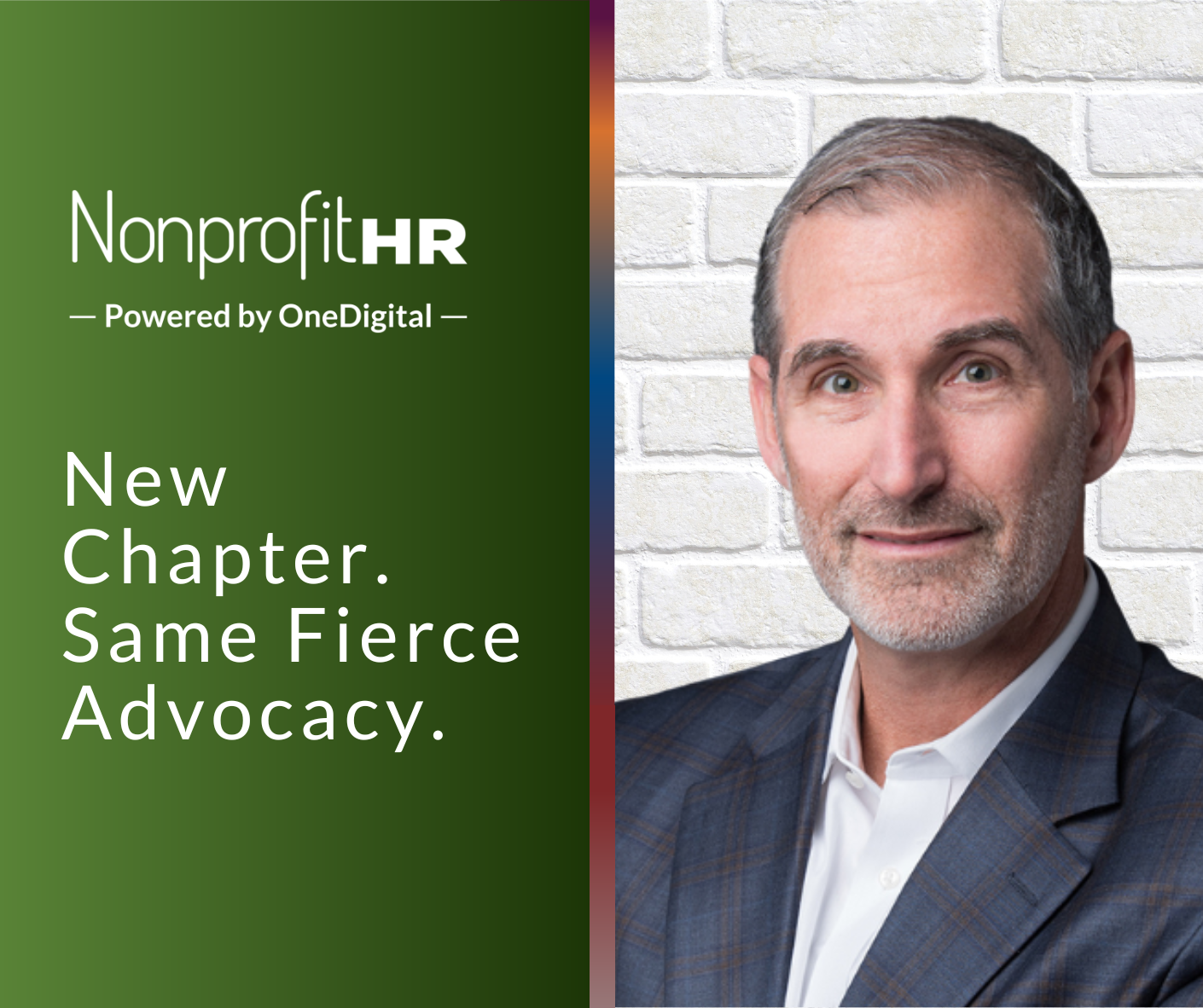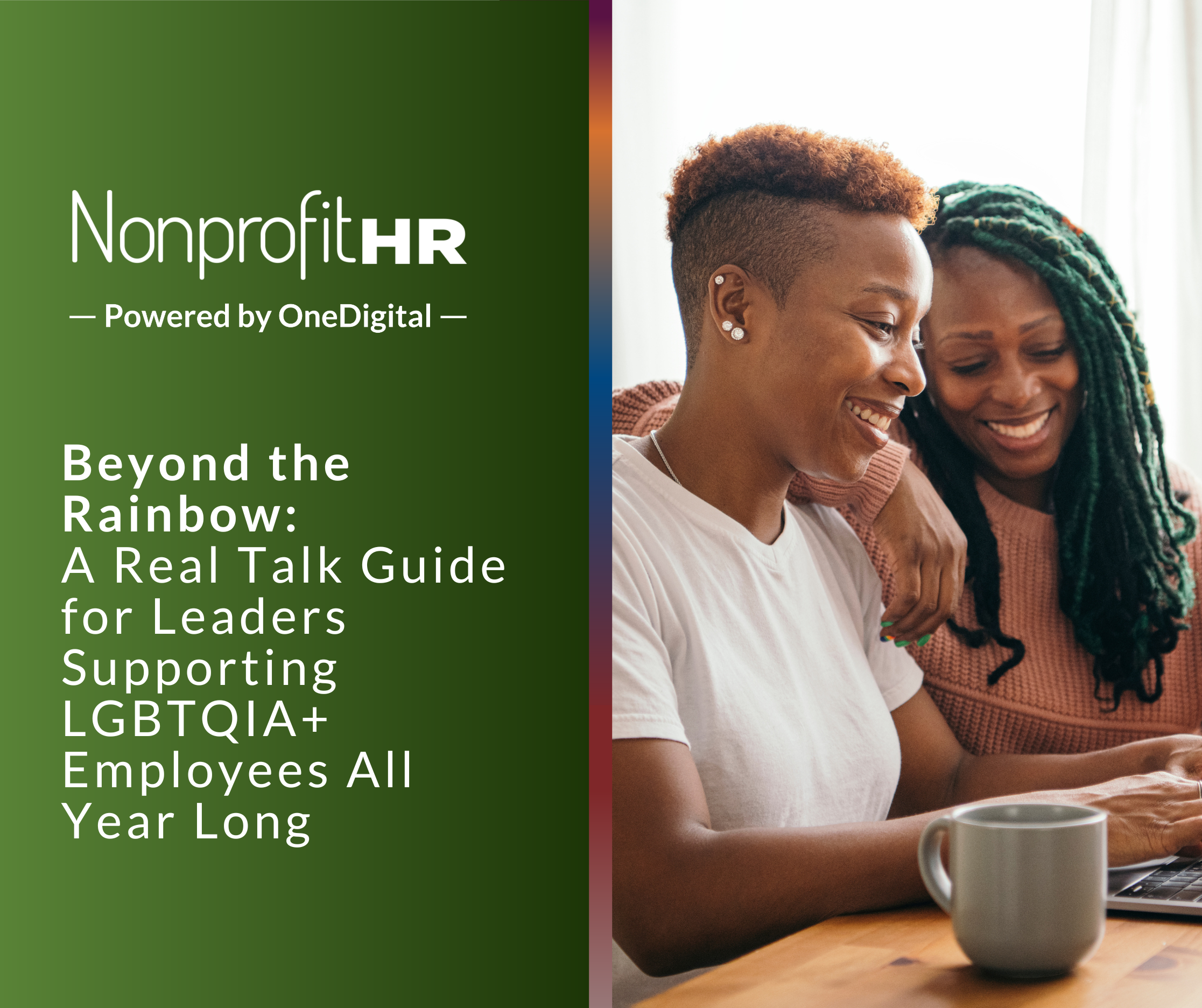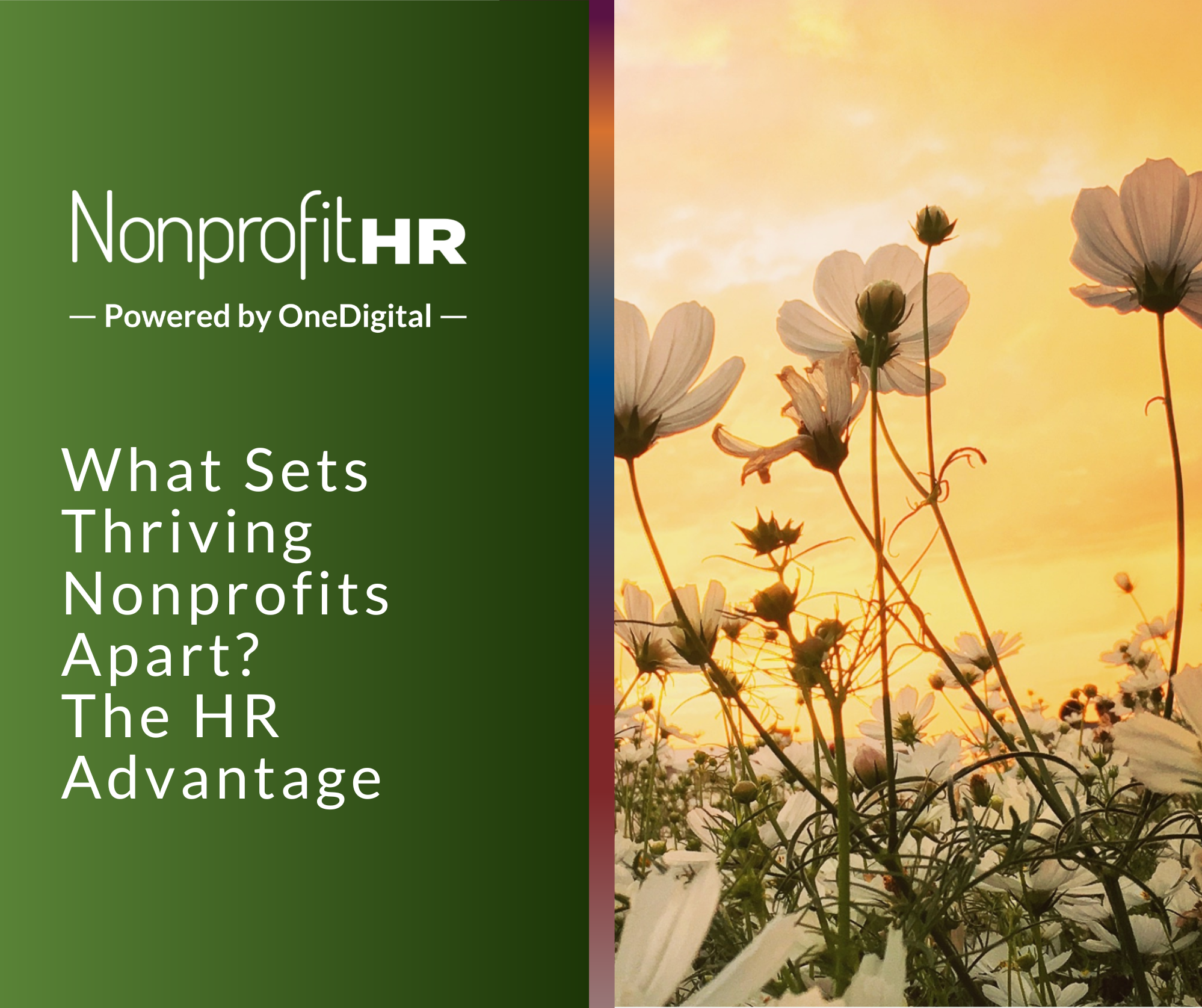WTOP: 5 ways nonprofits can…
by Tamara Rasberry, SHRM-CP, PHR
Employee engagement is a hot topic in the workplace right now, and for good reason. Not to be confused with employee satisfaction or happiness, employee engagement refers to the extent to which an employee is mentally and emotionally invested in their work and the organization. It has been proven that high engagement levels benefit both individuals and organizations. Some of the benefits of high engagement include: higher levels of employee satisfaction, better employee health, increased retention and lower turnover, improved productivity and reduction in absenteeism. Nonprofit leaders who want to elevate their organizations must focus not only on achieving the mission but also on creating and maintaining a culture of high engagement.
PRO TIP: Engaged employees are good for business.
Before you can address any possible engagement challenges or deficiencies at your organization, you need to establish a baseline by going straight to the source – your employees. An effective way to achieve this is by conducting an employee engagement survey. A professionally conducted employee engagement survey ensures the questions asked will truly measure engagement versus satisfaction or happiness. It will also ensure anonymity, which is critical to getting a high enough participation rate for the results to be meaningful and actionable. You should never assume you know what your employees are thinking or feeling about their jobs or the organization. Ask them.
PRO TIP: Showing up does not equate to being engaged or even satisfied.
Creating a culture of high engagement does not stop at conducting a survey. After you’ve asked the questions and received the responses, it’s time to celebrate the successes and develop an action plan to address any deficiencies. Again, this is where engaging (no pun intended) professionals comes in handy. An unbiased interpretation of the results helps with developing an action plan that aligns with the desired culture and strategic goals of the organization. It is important to not measure employee engagement in a bubble. Engagement should also be viewed within the context of not only learning how your employees think and feel, but also how you want them to think and feel–i.e. the organizational culture you wish to manifest. No matter the level of engagement your survey reveals, whether it’s 5% or 85%, one survey does not a highly engaged staff make. Neither does one post-survey ‘fix.’ It must be an ongoing effort to monitor and manage. Evaluate and engage. Analyze and act. You get the idea.
PRO TIP: High engagement doesn’t happen by accident.
As important as it is to have highly engaged employees, engagement is only one slice of the employee experience pie. Creating an employee experience people feel good about is the ultimate goal. The employee experience consists of every interaction and touchpoint an organization has with an individual including how they feel about working there. The key components of employee experience are culture, technology and physical space. Every aspect of the employee experience fits into one of these categories and must be examined on a regular basis.
PRO TIP: Your employee experience = your real employer brand.
Whether people have a positive or negative employee experience with your organization is and will continue to be critical not only to business success, but also to individual employee success. Although it is only one component of the overall experience, establishing a culture that fosters high engagement is an important step in the right direction.
Nonprofit HR Guest Blogger
Tamara M. Rasberry, SHRM-CP, PHR
Principal, Rasberry Consulting, LLC
Website/Blog: tamaramrasberry.com
LinkedIn: https://www.linkedin.com/in/tamaramrasberry
Twitter: @tmrasberry
Facebook: https://www.facebook.com/tmrasberry






























